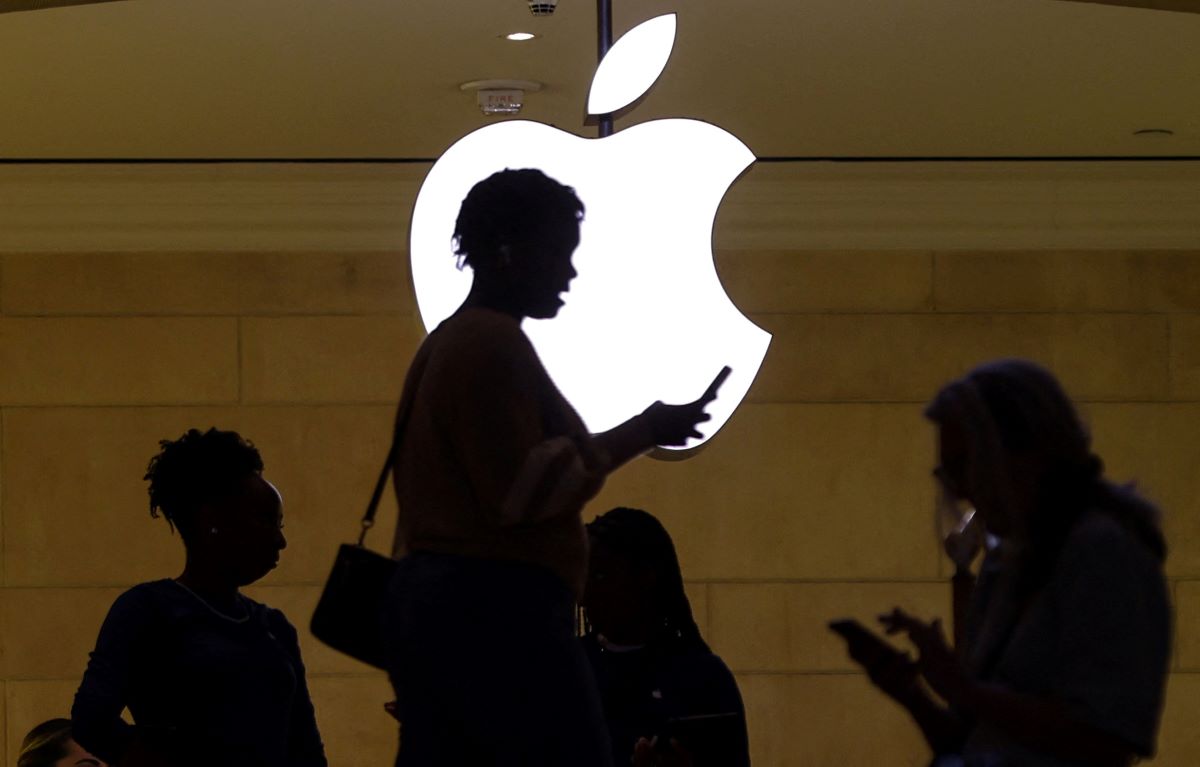Apple is pushing back against new legislation that would require it to enforce age limits on apps within its App Store.
This opposition comes amid rising concerns about the impact of social media and smartphone usage on teenagers’ mental health.
Lawmakers in various U.S. states are proposing new regulations to govern how age restrictions are enforced on social media platforms and other apps.
These proposals stem from growing fears about the potential negative effects of digital platforms on young users.
The central debate focuses on whether age verification should be managed by the app stores themselves or by individual apps.
Earlier this year, a bill in Louisiana sought to make tech companies responsible for enforcing age restrictions.
This concept, inspired by similar proposals from companies like Meta, would have required app stores to handle age verification.

Although the bill passed the Senate, it was later amended to remove the obligation for app stores to enforce these rules.
Apple contends that app developers and social media platforms are better equipped to manage age verification due to the privacy concerns involved in sharing user data with third parties.
Apple argues that enforcing these restrictions at the app level better protects user privacy.
On the other hand, other tech companies, such as Meta and app developers like Tinder’s parent company, Match Group, support centralized age verification through app stores.
They believe this approach would offer a more consistent and reliable method of managing age restrictions across different apps.
Apple’s opposition to these legislative changes underscores the ongoing conflict between technology companies and lawmakers over the best way to protect younger users online.
This issue is becoming increasingly significant as more states introduce laws aimed at safeguarding minors in the digital era.







Leave a Reply